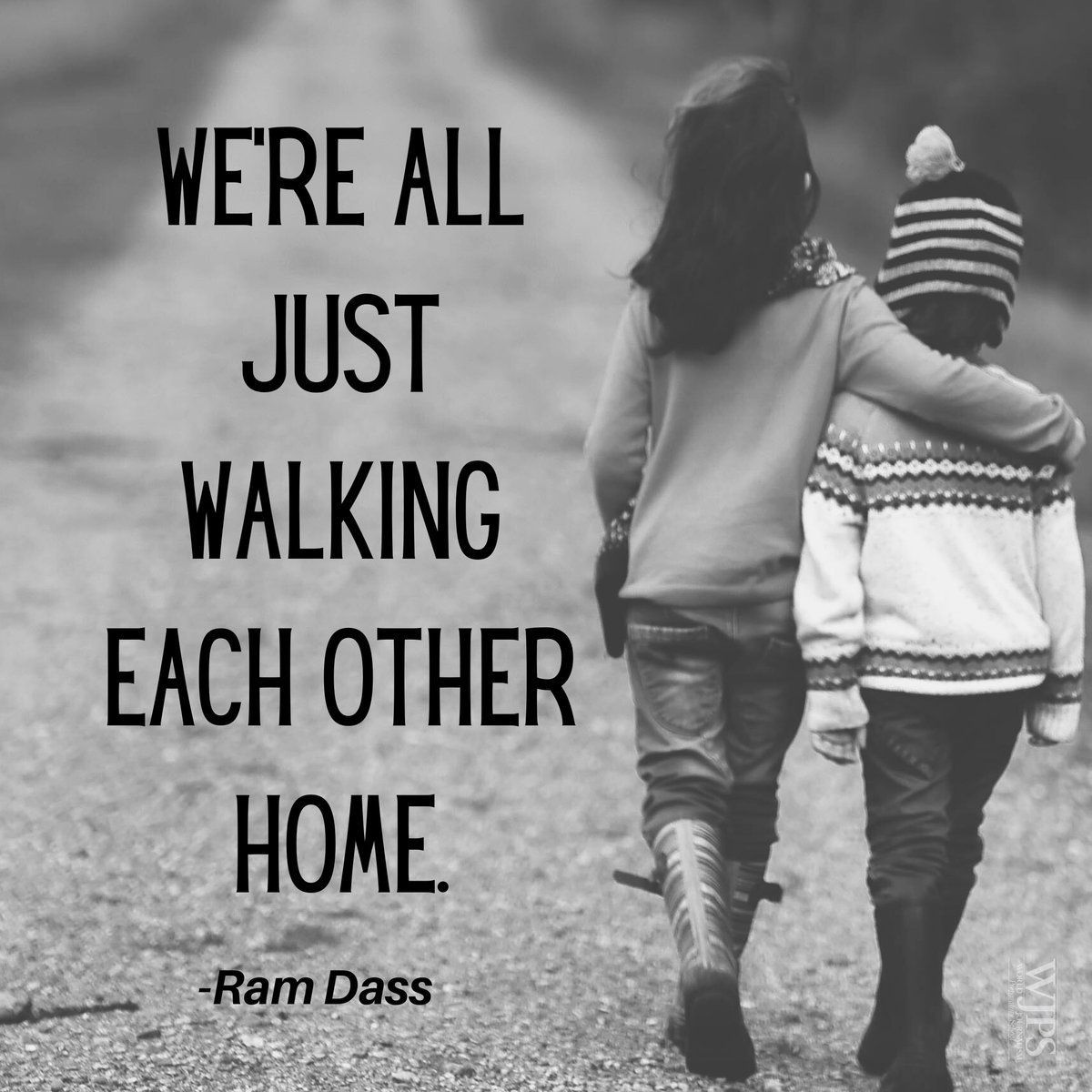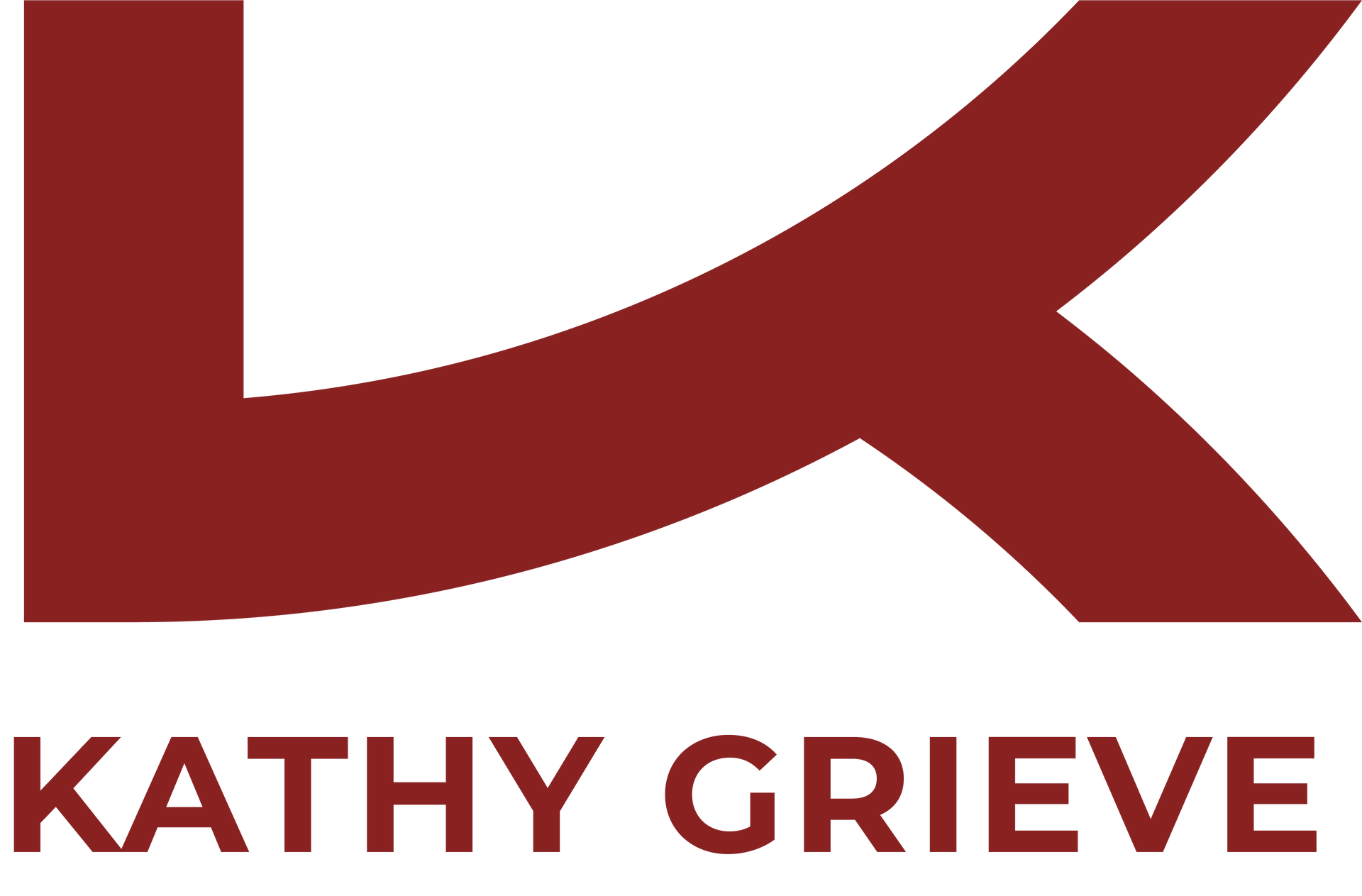Every year, rain or shine, on July 1, Canada commemorates the anniversary of Canadian Confederation when three separate colonies of the Province of Canada united to become the Dominion of Canada. Canada Day, often called Canada’s birthday, is traditionally celebrated with parades, fireworks, barbecues and fairs. Sadly, this year, the Covid pandemic restrictions halted all such large public gatherings. My husband and I celebrated alone at our summer lake home, eating barbecued hamburgers and McCains french fries. Since we were not enjoying our usually active Canada Day, I decided to reflect on some distinctive Canadian characteristics.
For many Canadians, there are a multitude of uniquely Canadian symbols, sayings, and pastimes of which many of us are staunchly proud. Some underscore our culture, others celebrate our inventions, a few emphasize our accents, others are just plain silly and one is a revered and an almost sacred institution. Let me share a few examples that stand out for me.
Our monetary system is something that distinguishes us from many other countries. In 1987, we gave up our dollar bill (ostensibly to save money) and traded it for a gold coloured coin emblazoned with a solitary loon. Never ones to be subtle with our terminology, the national coin quickly became commonly called “the loonie”. I guess the cost savings were substantial enough that almost 10 years later (god forbid we make a hasty decision!) the toonie was born. The first cousin to the loonie, the toonie features a polar bear and replaced the few two dollar bills still in existence at the time. It seems it was too difficult to come up with a catchy name that captured the polar bear emblem. So toonie it was. After all, it is a two dollar coin and perhaps more importantly it rhymes with loonie!
On the lighter side of things, there are some distinctly “Canuck” idioms that most of the world would need to have interpreted. Here are a few of our more quirky ones:
Canuck – a Canadian citizen
Two-four (or two-fer) – a case of 24 beer
Kerfuffle- a big commotion caused by an argument
Double Double – a coffee available only at Tim Hortons (a Canadian Starbucks) so important that it is made available to our troops in Afghanistan
As far as I am concerned there is no distinguishable Canadian accent but my American friends beg to differ. Apparently I, and countless other Canadians, pronounce the word “about” with something that sounds akin to “aboot”. Ok, I will reluctantly concede this. However, there is one word that is undeniably etched in my vocabulary. I have no idea how this interjection became part of our national expression but I have to agree with the google search that says it is “used to indicate that you don’t understand something, can’t believe something is true or if you want the person to respond.” I am sure you understand-EH!
Another stereotype attributed to Canadians is our predisposition to politeness. Thank you and again let me say thank you to all who have observed this national characteristic whether correct or inaccurate. I know first hand that Canadians are capable of rudeness but would likely ask to be forgiven for it. Sorry, sorry!
Although we may beg forgiveness even when likely not required, we do not apologize for our Canadian inventions – some that might surprise you. Many are sports related like basketball, lacrosse, 5 Pin bowling and the hockey goalie mask. Ask any Canadian about the origin of ice hockey , you will be told with confidence that Canada is its birthplace. It most certainly has become our national sport.

Growing up in Canada, almost any Canadian, male or female from my era is assured of understanding this phrase and it’s accompanying musical introduction: Hockey Night in Canada! This regular Saturday night Canadian sports broadcast was either greeted with delight (mostly by males) or disdain (mostly by females). The teenage guys I knew were interested enough in the opposite sex to ask for a Saturday evening date. But it could never begin until after Foster Hewitt, the commentator, bid goodnight to the fans. In Winnipeg, where I lived, that was most often a late start. There is only so much time a girl can spend under that plastic hair dryer bonnet!!
My family and I have several connections with the hockey world which includes a hockey franchise owner and cousins and friends who have played in the NHL. A recent story can help illustrate how challenging playing hockey can be during the Covid crisis. A former NHL er (who shall go un-named but was the last person to play without a helmet!) has been working in a Scandinavian country as a general manager and coach. Away from his family for at least the last four months, our friend was scheduled to come home for 3 weeks, knowing he had to commit to 2 weeks self-isolation. Two days ago he was on the phone to his wife as he stood at a Swiss train station, ready to get to the airport. Another call interrupted their conversation. Here is what my girlfriend texted about the call he received:
“This is our life… I have a blog for you Kathy. Craig got a call from the team president as he is waiting for his train to Geneva. He tells Craig that he’s heard that now anyone arriving from out of the country will have to quarantine for 10 days- meaning it would be too tight for Craig to come home… as he is telling me this, we hear his train leave the station …Without Craig!!”
My friend is now heading to Switzerland next week to see her husband who says it is considered “essential travel!”
Gotta love Covid – EH?
Now I grant you that Hockey Night in Canada has long since (pre-Covid) morphed from the traditional single-game broadcast on Saturdays to multiple games being aired throughout each week. Add the fact that the original six team league currently boasts 31 teams, and only seven are in Canada, one could say that Hockey Night in Canada may have lost relevance. However, I believe the significance of the popular weekly broadcasts has not been abandoned, evidenced by the NHL’ s current and valiant attempt to complete playoff games that lead to the Stanley Cup. The logistics involved boggle the mind. Testing, quarantining, organizing accommodation are just a few. But one thing I can say with confidence: the long-standing Canadian love affair with hockey will continue through this pandemic. “He shoots he scores” will be heard for years to come.
Here’s to Hockey Night(s) in Covid! And thanks for reading. Sorry if I may have offended!!
Sassy Blog



